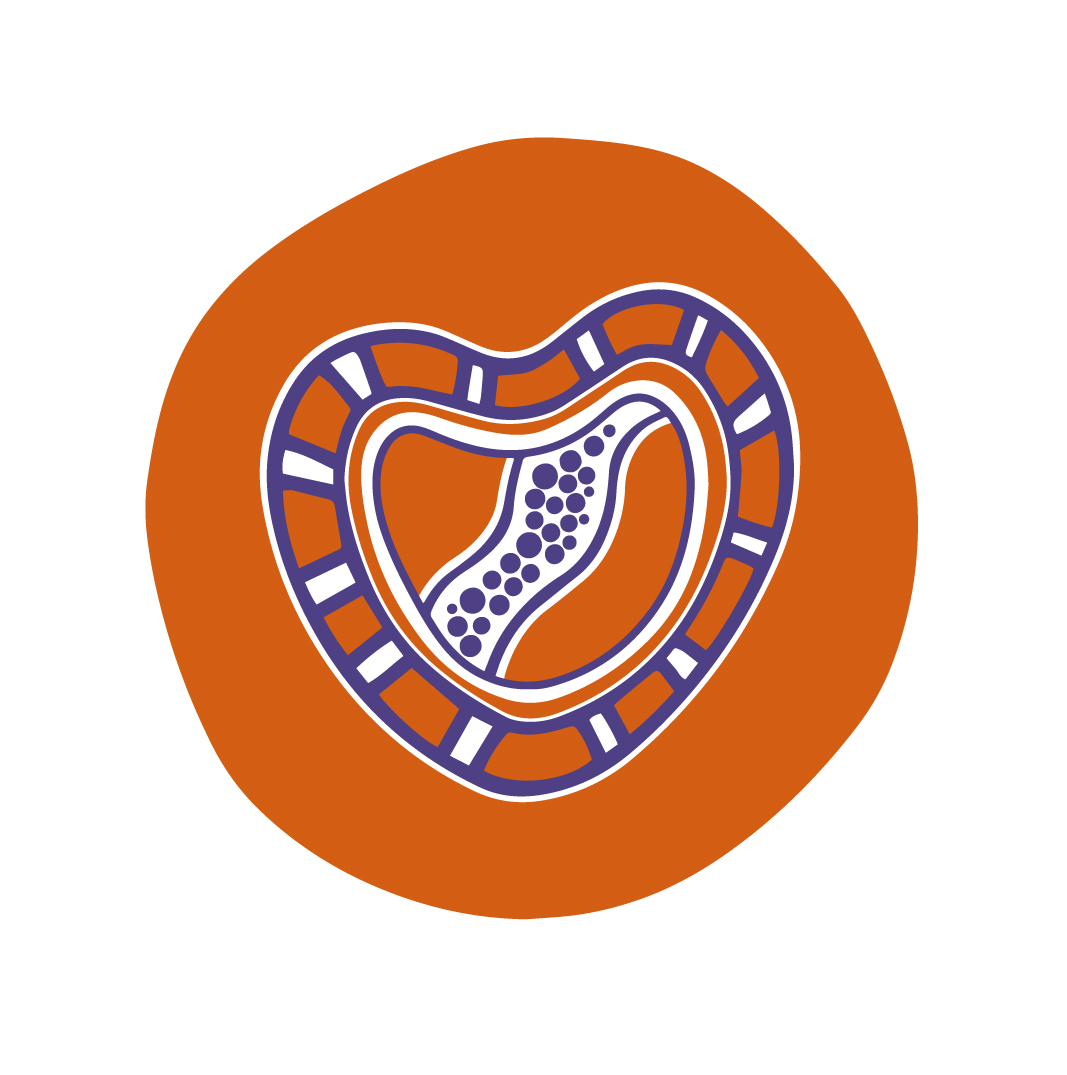Search
Globally, ARF and RHD cause more than a quarter of a million deaths and substantial disability each year.

The goal of the program is to establish the foundations of an effective, sustainable and equitable response to RHD in the Pacific.
Benzathine penicillin G (BPG) has been in use since the 1950s for treatment of skin infections, bacterial pharyngitis, syphilis and prevention of recurrent episodes of acute rheumatic fever (ARF)
Reach works to promote the health of vulnerable populations by providing technical support to local, regional and global efforts to prevent and control rheumatic fever and rheumatic heart disease (RF/RHD).
This project aims to empower local clinicians with skills and knowledge of using handheld echocardiography (HAND) that will allow for mobile service provision into remote Indigenous communities.
In this study we will use new methods to comprehensively test immune responses in blood samples from people with ARF (diagnosed using the Jones Criteria) and healthy volunteers at Royal Darwin and from Auckland Hospital, New Zealand, to find any unique signature that reliably identifies ARF.
STopping Acute Rheumatic Fever Infections to Strengthen Health (STARFISH) brings together a diverse and multidisciplinary research team to investigate the most effective environmental health initiatives (EHIs) aimed at reducing Strep A infections and prevent Acute Rheumatic Fever (ARF).

The END RHD CRE will undertake a number of projects across several disciplines of research including epidemiology, biomedical sciences; implementation and translation; and understanding the RHD community with a special focus on documenting the experiences of those living with the disease.
This work will be undertaken in collaboration with The Kids Research Institute Australia and Australian based research teams to better understand how Penicillin works in Māori and Pacific children/teens who receive monthly BPG injections.
Goal: Characterize the pattern of contemporary and endemic ARF and develop a biological signature to improve sensitivity and specificity of ARF diagnosis.
